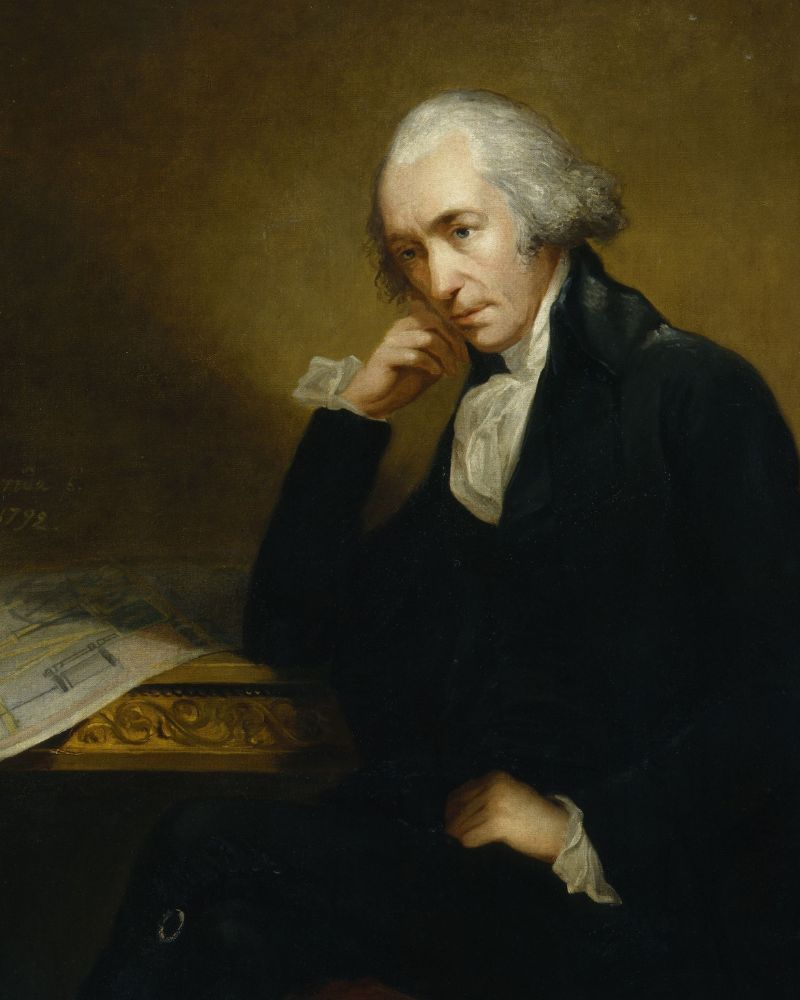Edward Jenner: The Man Who Defeated Smallpox with the First Vaccine

In the history of medicine, few discoveries have been as revolutionary as the vaccine. Edward Jenner, an English physician, is credited with developing the first successful vaccine in 1796, an achievement that saved millions of lives and laid the foundation for modern immunology. His work led to the eventual eradication of smallpox, one of the deadliest diseases known to humanity.
The Deadly Scourge of Smallpox
Before Jenner’s discovery, smallpox was a highly contagious and often fatal disease that ravaged populations worldwide. The disease caused fever, painful sores, and severe scarring. It had a mortality rate of up to 30%, and survivors were often left with permanent scars or even blindness. Traditional methods of preventing smallpox, such as variolation (deliberate exposure to smallpox scabs), were risky and sometimes fatal. A safer solution was desperately needed.
Jenner’s Groundbreaking Discovery
Edward Jenner observed that milkmaids who had been infected with cowpox, a mild disease in cattle, seemed immune to smallpox. Intrigued by this, he hypothesized that exposure to cowpox could protect people from smallpox. In 1796, he tested his theory by inoculating an eight-year-old boy, James Phipps, with material taken from a cowpox sore. The boy developed mild symptoms but recovered quickly. Later, Jenner exposed him to smallpox, and remarkably, Phipps showed no signs of infection.
Jenner called this method “vaccination,” derived from Variolae vaccinae, the Latin term for cowpox. His experiments proved that vaccination was a safer and more effective alternative to variolation. Over time, his discovery gained acceptance and spread across Europe and beyond.
Overcoming Skepticism and Opposition
Despite its success, Jenner’s vaccine faced skepticism. Many doubted its effectiveness, while others feared the unknown effects of injecting material from cows into humans. Religious and political figures also resisted the idea. However, as more people received the vaccine and remained free from smallpox, acceptance grew. By the early 19th century, governments and medical institutions began endorsing vaccination, leading to widespread immunization programs.
The Impact of Jenner’s Vaccine
Jenner’s discovery had a profound impact on global health. Widespread vaccination led to a dramatic decline in smallpox cases. In 1980, the World Health Organization (WHO) declared smallpox eradicated—the first and only human disease to be completely wiped out by vaccination. His pioneering work also paved the way for the development of vaccines against other deadly diseases, including polio, measles, and COVID-19.
A Lasting Legacy
Edward Jenner’s contribution to medicine remains one of the greatest achievements in human history. His work not only saved millions of lives but also set the foundation for immunology and preventive medicine. Today, vaccines protect billions of people from deadly diseases, proving the power of science and Jenner’s lasting impact.
Jenner’s simple yet groundbreaking discovery changed the course of humanity, proving that one idea—rooted in observation, experimentation, and perseverance—can alter the fate of the world forever.